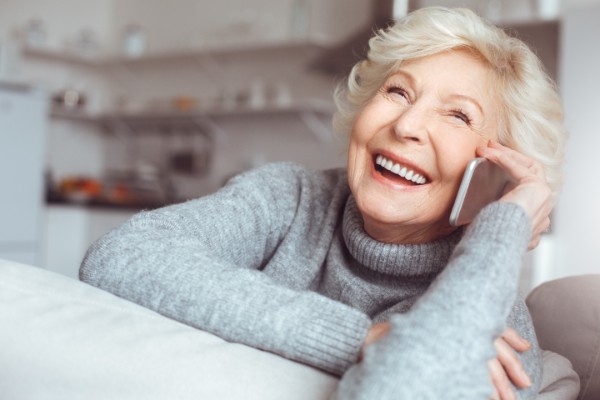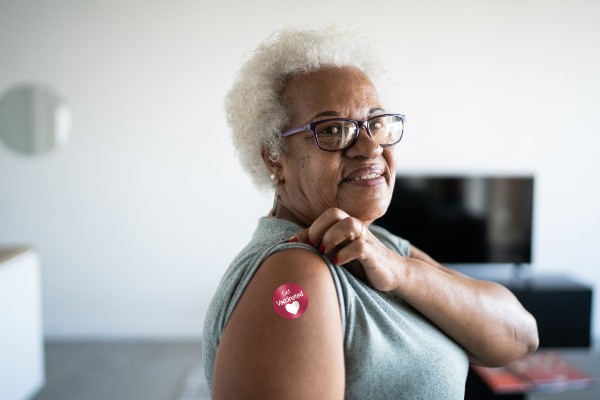The novel coronavirus spreads quickly with regular social contact. Self-quarantine is a method of slowing its spread through staying at home and away from other people.
But what does self-quarantine involve, why is it necessary, and when does it apply?
The coronavirus travels fast
Coronaviruses are a family of viruses common in people and animals. The specific coronavirus responsible for the current global pandemic is officially known as SARS-CoV-2. The virus causes the respiratory disease COVID-19.
The coronavirus typically spreads through respiratory droplets when an infected person coughs or sneezes. Direct social contact increases the spread of the virus. Therefore, the best way to prevent illness is to avoid contact with infected individuals through social distancing and self-quarantine.
“Our goal is to slow the spread of the coronavirus to limit the number of people who get very sick from COVID-19. Social distancing and self-quarantine are proven public health measures that can make a difference and protect the most vulnerable people in our communities,” says Rebekah Sensenig, D.O., physician specialist in infectious disease at Riverside Health.
The difference between social distancing and self-quarantine
Social distancing is a lot like it sounds, keeping a safe distance away from people. Social distancing makes it physically hard for the virus to spread between people. To practice social distancing, the Centers for Disease Control and Prevention recommends that you:
- Limit all gatherings to 10 people or less including family, school, work, church, etc.
- Maintain 6 feet of physical space between individuals
COVID-19 is a global health issue at present. Therefore, the World Health Organization recommends social distancing for all people right now.
However, if you suspect you may have been exposed to the coronavirus or are part of a vulnerable population, more aggressive measures should be taken such as self-quarantine. Self-quarantine includes avoiding all social contact by staying home and limiting activities in public spaces.
Who should self-quarantine?
If you’ve been exposed to the coronavirus you should self-quarantine for 14 days. Fourteen days is the amount of time between the infection and the appearance of signs or symptoms. After this time period, the risk of passing the virus to someone else is very low or nonexistent.
During self-quarantine, most activities that require leaving home or interacting with others are avoided. When possible, you should only leave home to receive medical care and for no other reason.
Research from past cases of COVID-19 show that some populations may get very sick from the disease including individuals in the following groups:
- The elderly
- Those with compromised immune function such as individuals with cancer
- Those with existing health conditions like heart disease, diabetes, asthma and COPD
During a COVID-19 outbreak, individuals in these high risk categories are advised to follow precautions similar to self-quarantine to protect against the virus — including staying at home as much as possible and limiting all social interaction.
Protect yourself and others
Daily precautions should be taken whether you are sick or not to limit the spread of the disease including:
- Wash your hands often
- Avoid close contact
- Disinfect surfaces
- Stay home if you’re sick
- Cover coughs and sneezes
Make a plan
It’s difficult for most people to stay indoors and limit social contact for two weeks. Make a plan and take steps to be prepared to stay home should you need to self-quarantine. As part of your plan, establish:
- A two-week supply of food, medication and household products
- A plan to work from home
- Care for pets
Stay Informed
The COVID-19 outbreak is evolving rapidly. Learn more about the virus, disease and available updates by visiting riversideonline.com/covid-19.



